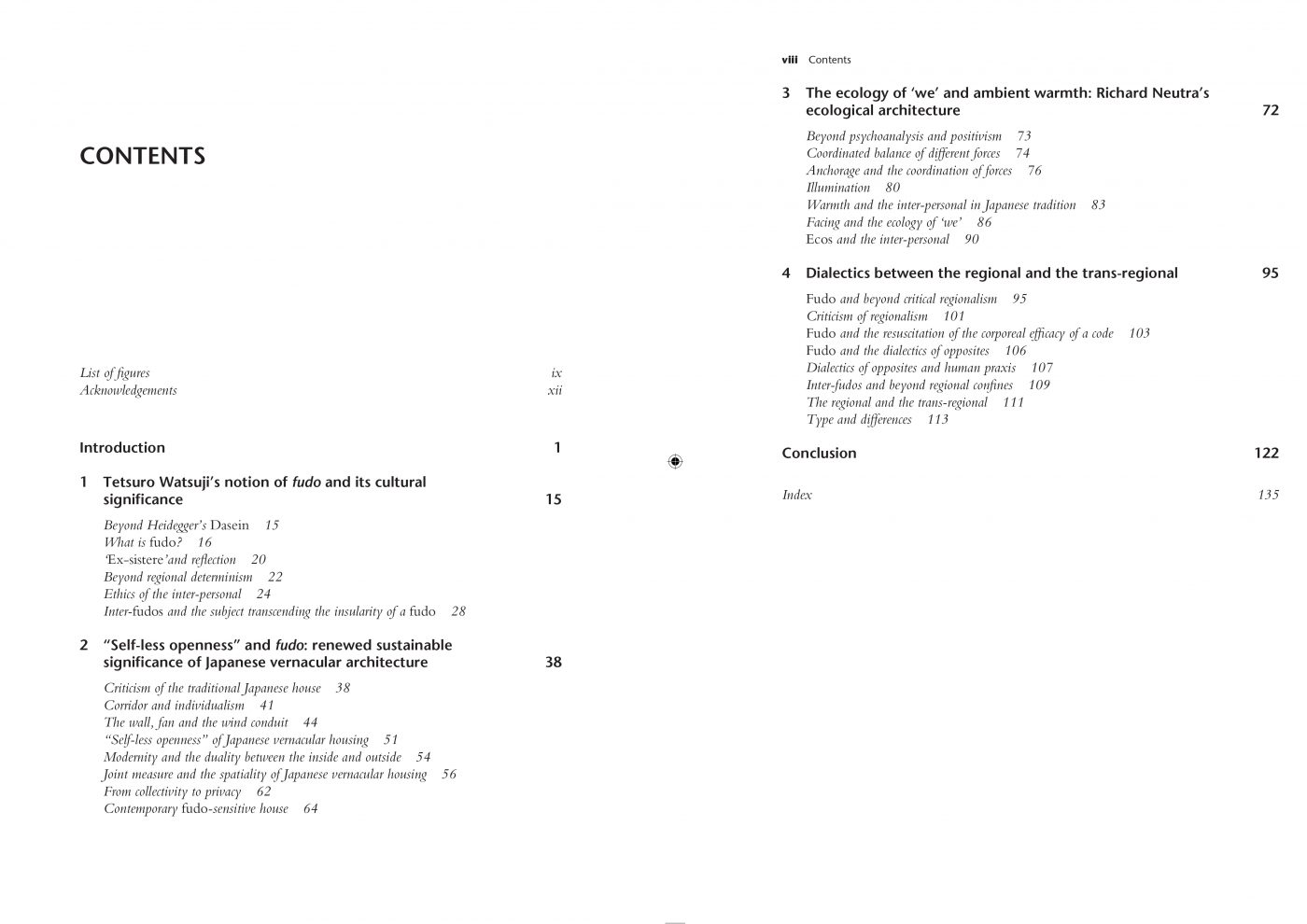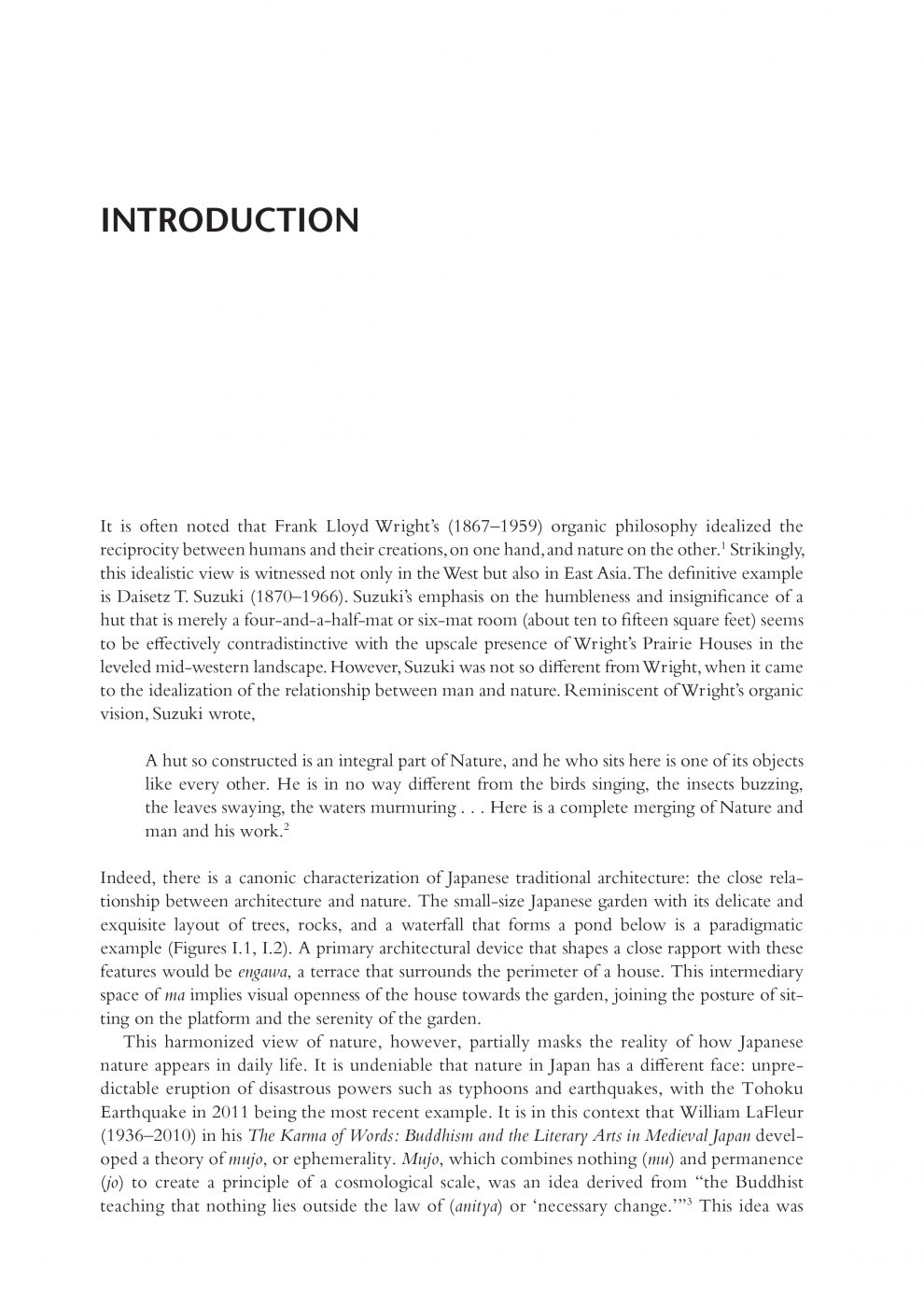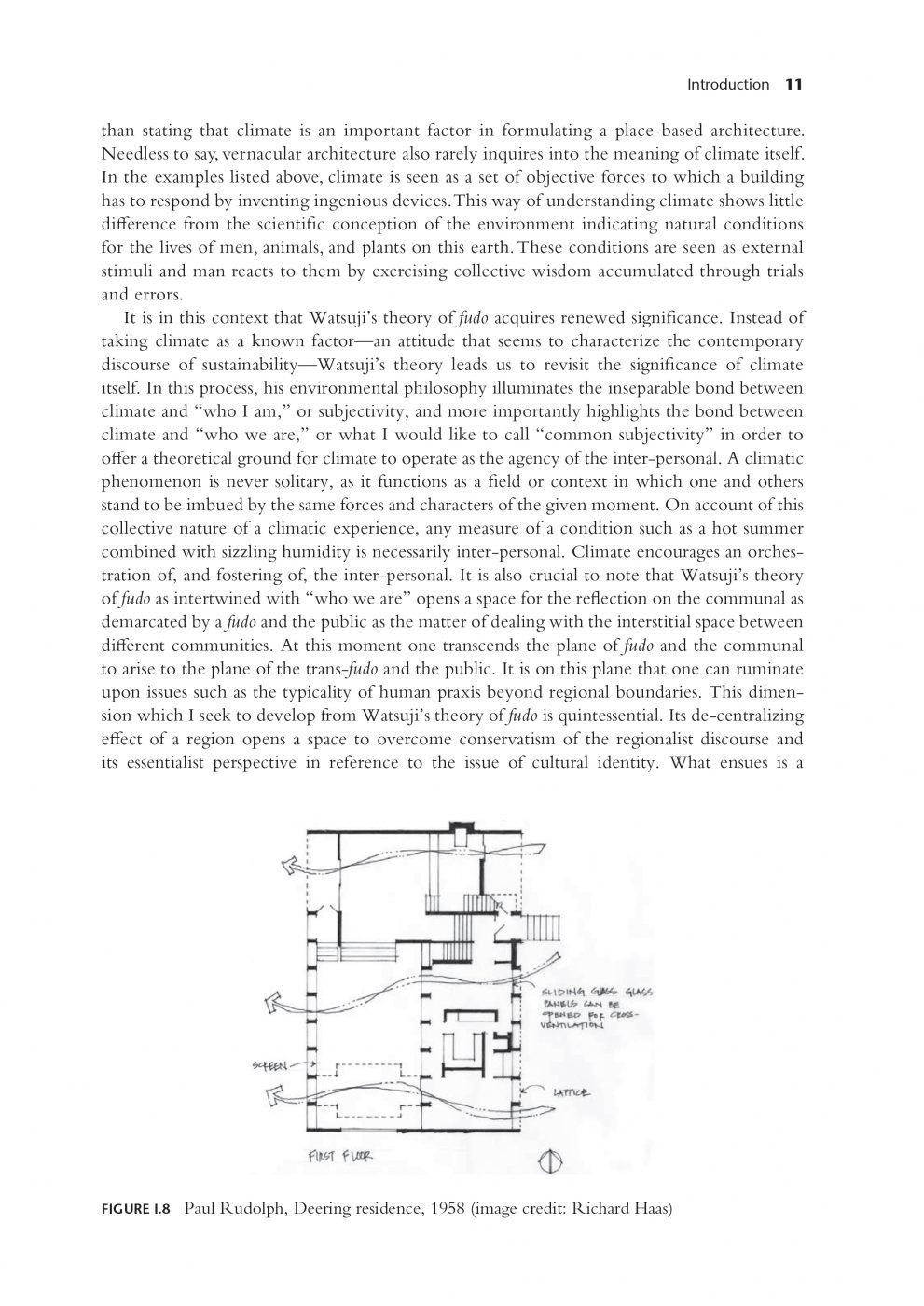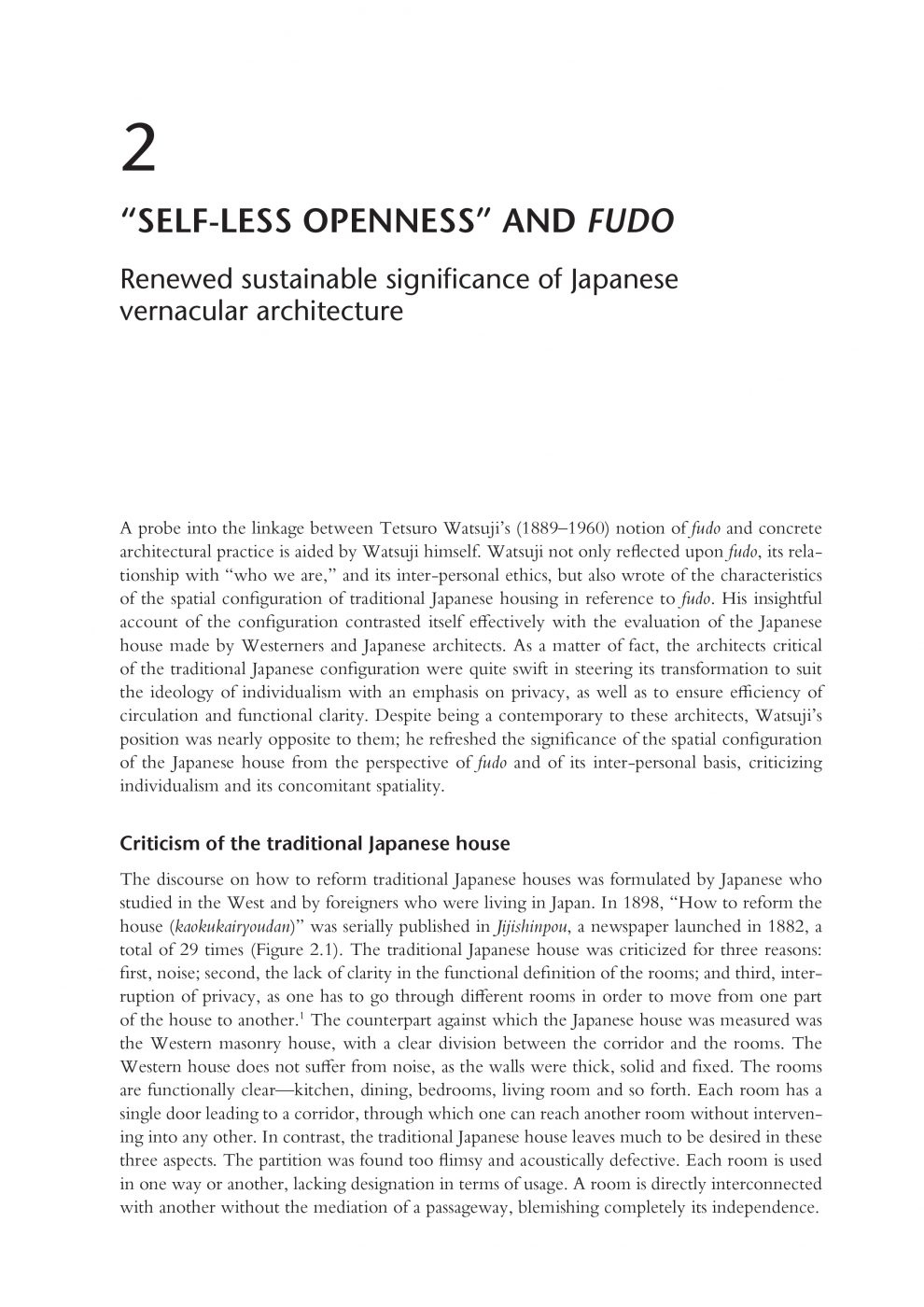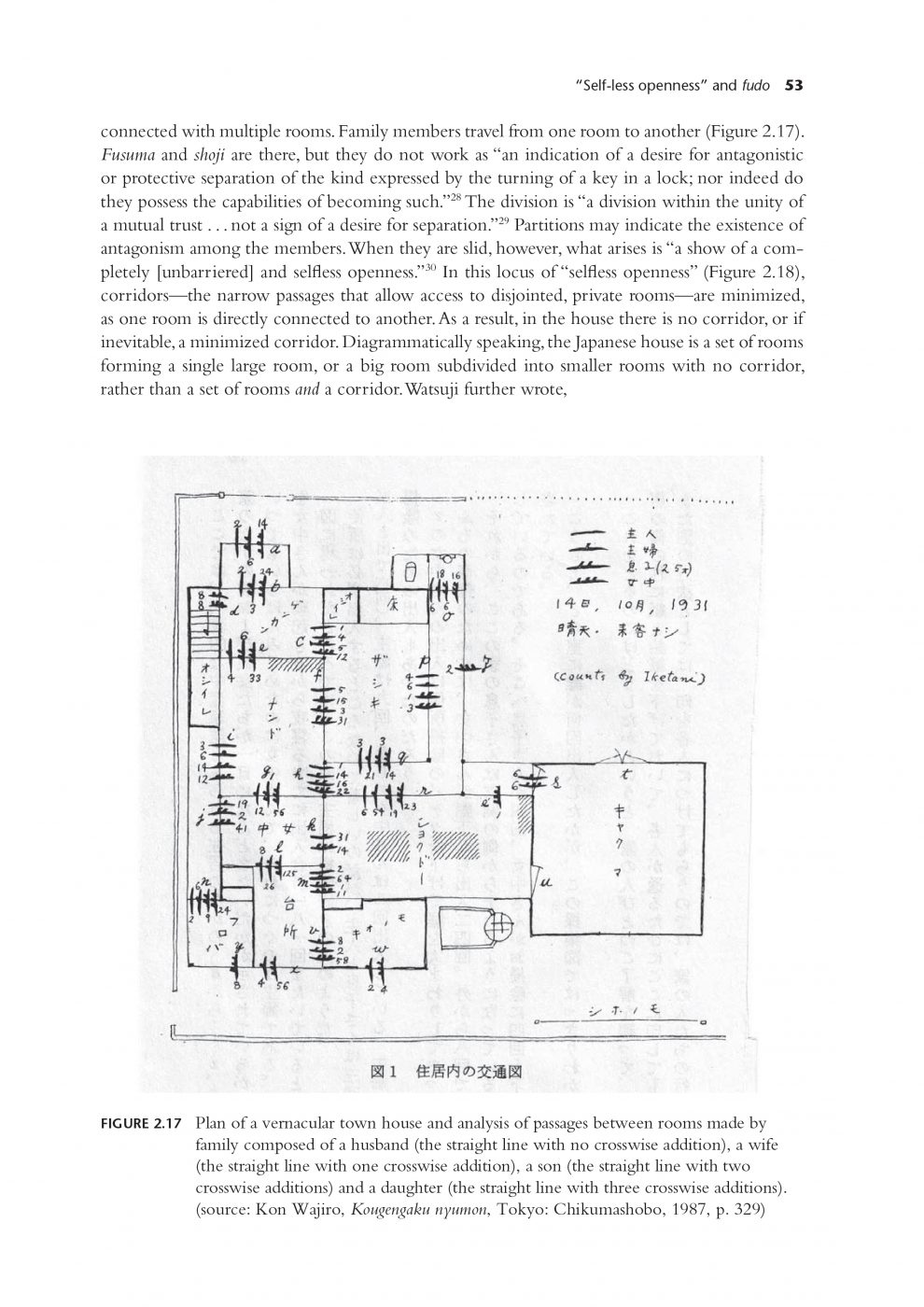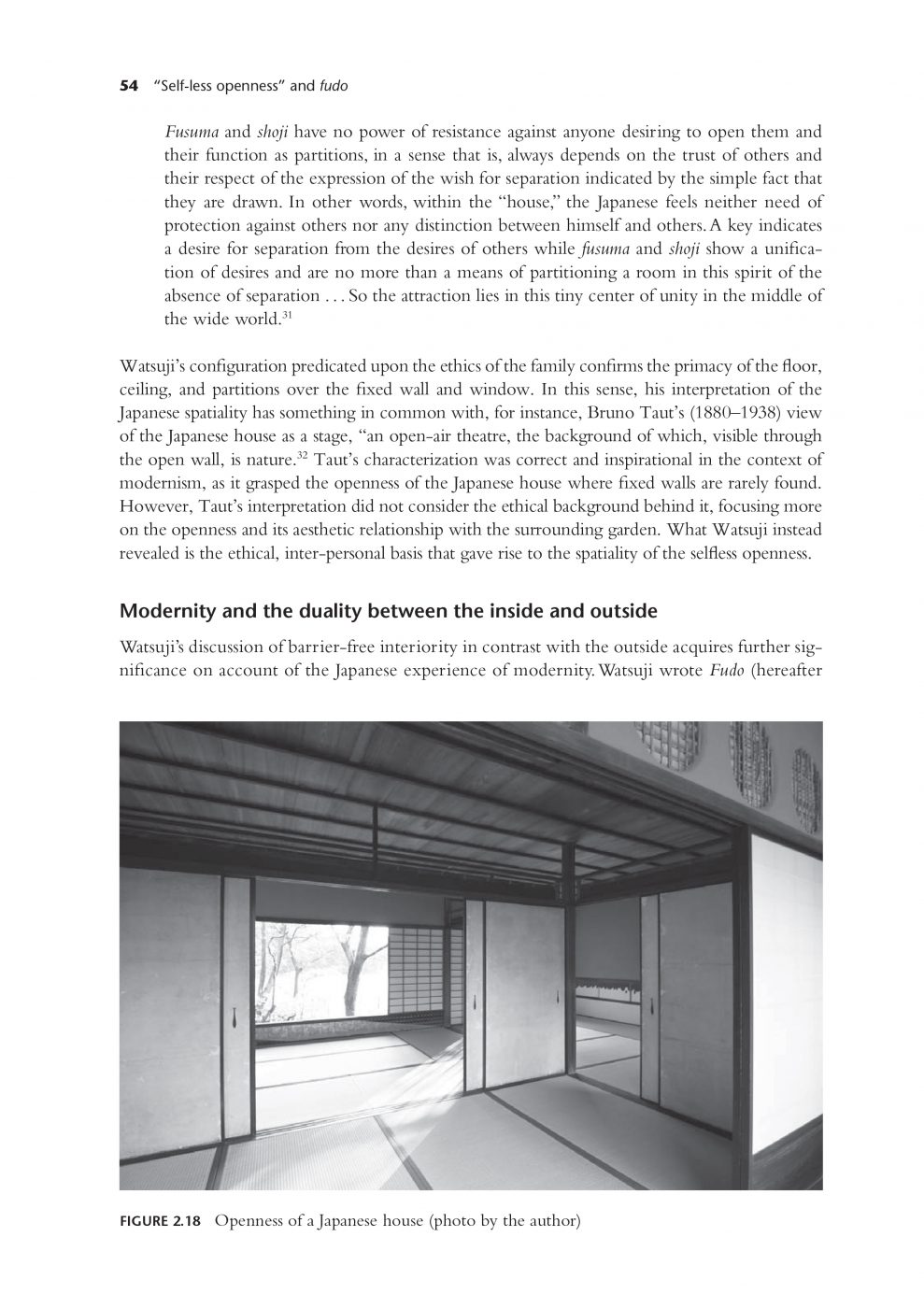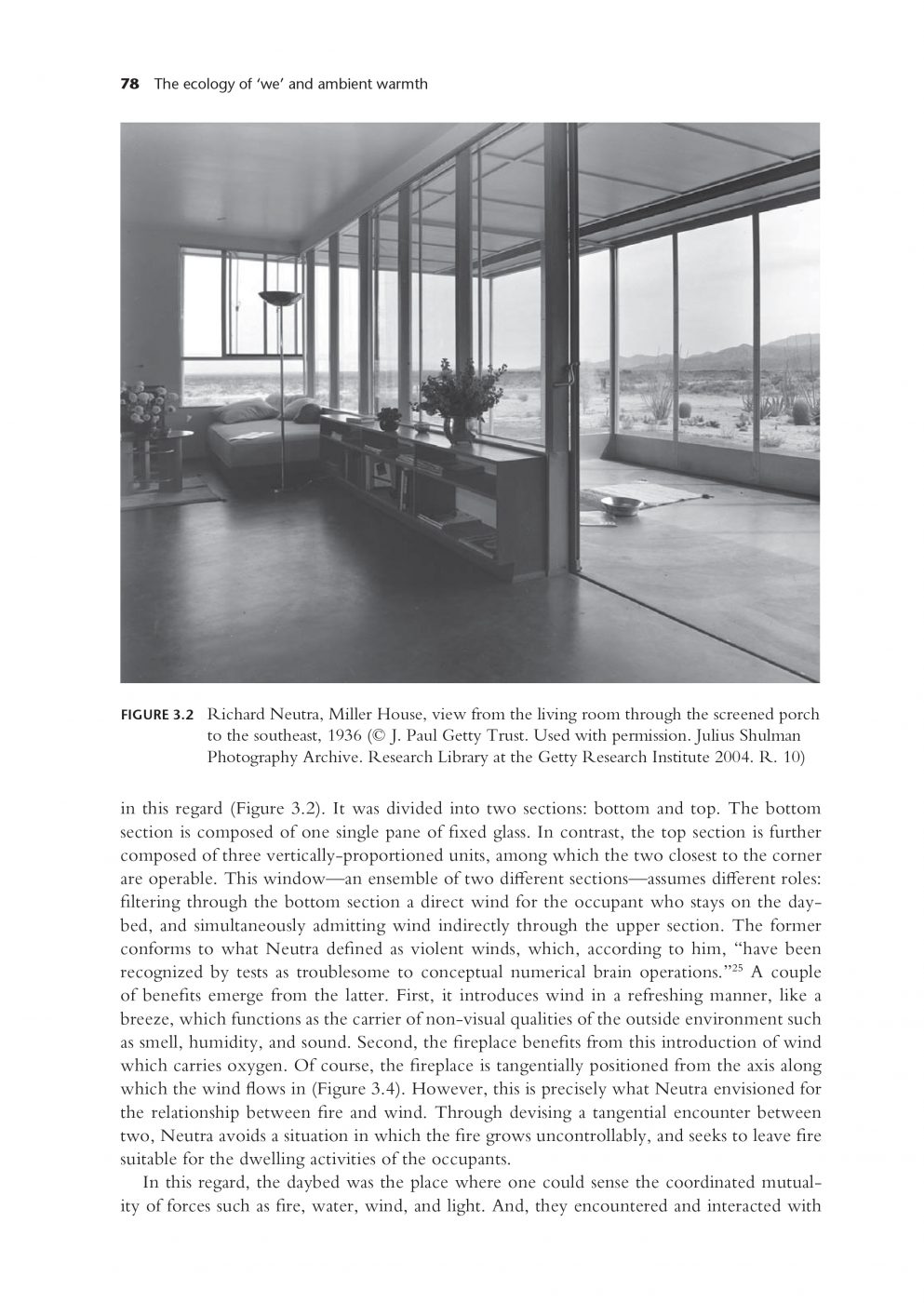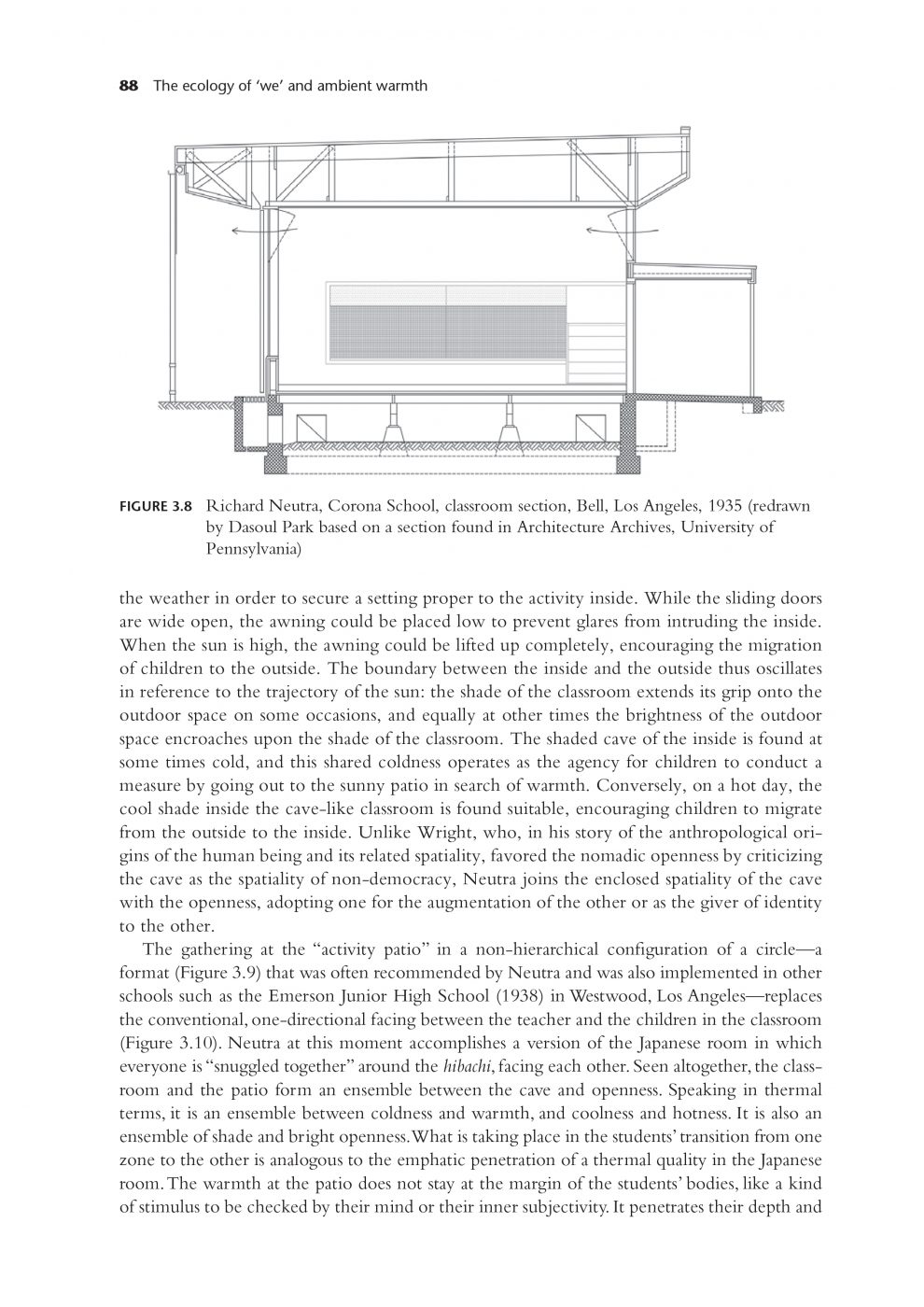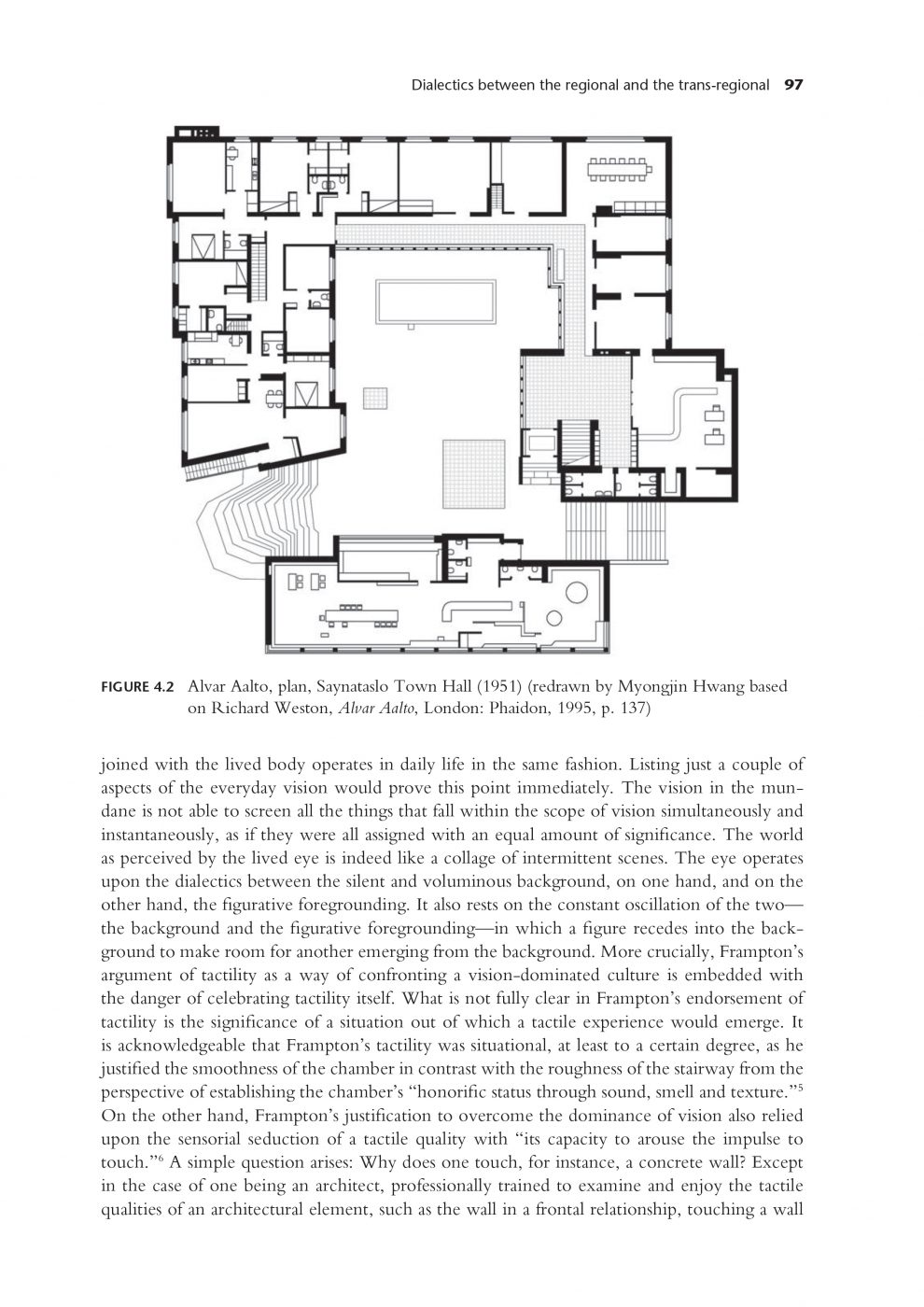ARCHITECTURE AS THE ETHICS OF CLIMATE
At a time when climate and ethics have become so important to architectural debate, this book proposes an entirely new way for architects to engage with these core issues.
Drawing on Tetsuro Watsuji’s (1889-1960) philosophy, the book illuminates climate not as a collection of objective natural phenomena, but as a concrete form of bond in which “who we are”—the subjective human experience—is indivisibly intertwined with the natural phenomena. The book further elucidates the inter-personal nature of climatic experiences, criticizing a view that sees atmospheric effects of climate under the guise of personal experientialism and reinforcing the linkage between climate and ethos as the appropriateness of a setting for human affairs. This ethical premise of climate stretches the horizon of sustainability as pertaining not only to man’s solitary relationship with natural phenomena—a predominant trend in contemporary discourse of sustainability—but also to man’s relationship with man. Overcoming climatic determinism—regional determinism, too—and expanding the ethics of the inter-personal to the level where the whole and particulars are joined through the dialectics of the mutually-negating opposites, Jin Baek develops a new thesis engaging with the very urgent issues inherent in sustainable architecture.
Crucially, the book explores examples that join climate and the dynamics of the inter-personal, including: Japanese vernacular residential architecture; the white residential architecture of Richard Neutra; and contemporary architectural works and urban artifacts by Tadao Ando and Aldo Rossi
Beautifully illustrated, this book is an important contribution to the discourse which surrounds architecture, climate and ethics and encourages the reader to think more broadly about how to respond to the current challenges facing the profession.
Endorsements
This remarkable study by Jin Baek draws important insights about architectural sustainability and ethics from the non-dualistic philosophy of Tesuro Watsuji (1889-1960). Showing the limitations of current positions that objectify the environment and propose an architecture of personal experimentalism, the book participates significantly in current conversations around the concept of atmosphere and attunement. Drawing particularly from Watsuji’s central concept of climate (Jap. Fudo) as a trans-subjective and encompassing context for the “social body” involving both culture and nature, Baek demonstrates both the misconception of atmosphere as a subjective effect, and the radical limitations of a discourse on sustainability that treats this problem as a mere technological question reducible to mathematical parameters.”
Alberto Pérez-Gómez, Saidye Rosner Bronfman Professor of the History of Architecture, McGill University, Montreal
Not since Ruskin’s Ethics of the Dust (1865) has there been such a persuasive account of the inseparability of architecture’s ethical and environmental responsibilities. Baek’s study is particularly relevant today, when sustainability discussions suffer from both a narrow dependency on the natural sciences and corresponding neglect of the social and cultural dimensions of resource allocation. Through studies of great architects—Ando, Neutra, Aalto and others—Architecture as the Ethics of Climate has reoriented architecture toward more humane, just, and inspiring solutions.
David Leatherbarrow, Professor, University of Pennsylvania
It’s rare that architectural writing reaches the depths that Jin Baek’s does, rich in scholarship and without undue technicality. Based in the ethico-phenomenological philosophy of Tetsuro Watsuji—one of Japan’s most prolific philosophers and a critic of Heidegger's—Baek generates new avenues of architectural thought, ones that give deeper meaning to “sustainability” as well as how architecture might help us live happily among each other. Climate understood as fudo, inescapable even as we try to escape it, is best accepted with an opened window, a reached-for sweater, a shaken umbrella, and a friend to agree “it’s gotten fresh outside.” As neutralization gives on to engagement, so experience gives on to relationship.
Michael Benedikt, Hal Box Chair in Urbanism and ACSA Distinguished Professor, University of Texas at Austin
